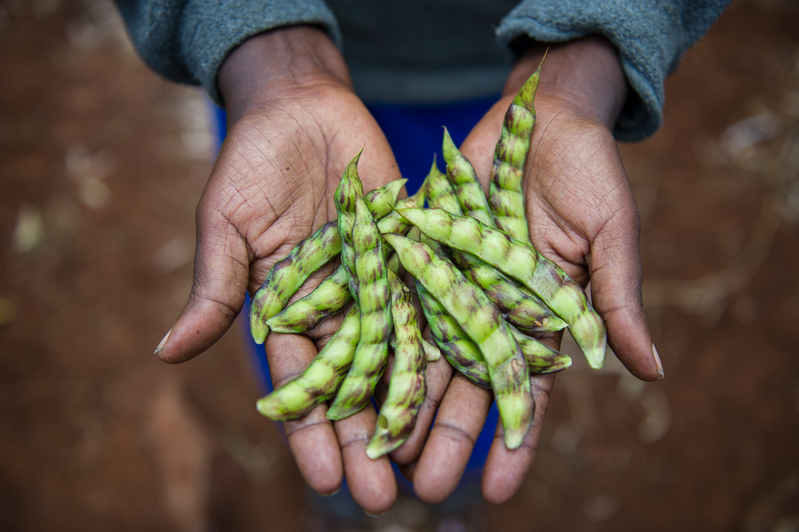Nairobi, 3 June 2021- Ahead of the World Food Safety Day, Greenpeace Africa is urging the Ministry of Agriculture to prioritise the safety of the food consumed by Kenyans. The World Food Safety Day, commemorated on 7 June, 2021 aims at drawing attention to production and consumption of safe food which contribute to the wellbeing of the population and the planet. The theme for this year is safe food today for a healthy tomorrow.
“It’s very unfortunate that food safety issues in Kenya are often overlooked until a major scandal or a tragedy takes place. Food safety should not be a knee-jerk reaction. Kenyans can not remember the last time they enjoyed their plate of Ugali and sukuma wiki without getting worried about the levels of aflatoxins and other chemicals they may be consuming,” said Greenpeace Africa’s Campaigner, Claire Nasike.
The increased use of harmful agrochemicals in food production has jeopardised Kenyan’s right to safe food as enshrined in article 43 of the Kenyan constitution. The use of pesticides allows toxic chemicals to stay in the environment for a long period of time. This poses a threat to the entire ecological system upon which food production depends.
The ongoing desert locusts control has also threatened food safety in the country. This is through the use of harmful pesticides that have disrupted pollination and contaminated the process of honey production. In a recent environmental monitoring process conducted by Greenpeace Africa, Deltamethrin was found to be used to control locusts in the Rongai area in Nakuru. Deltamethrin has been proven to be toxic to bees and other aquatic organisms.
“While we salute the government for implementing locust control strategies, we ask that it uses biocontrol methods such as the use of Metarhizium and biopesticides such as Neem oil (mwarubaini) which are not only effective in controlling locust invasions, but are also safer for the environment and the food systems,” continued Nasike.
Greenpeace Africa is calling on the Ministry of Agriculture to protect bees which are critical in food production, fish and other aquatic organisms that are key in supporting local livelihoods. The Ministry should carry out frequent monitoring of the locust control strategies put in place, to identify their impacts on the environment and food safety.
Media Contacts:
Greenpeace Africa Press Desk: [email protected]
Hellen Dena
Communications and Story Manager
[email protected]
+254 717 104 144
 Get Involved
Get Involved
